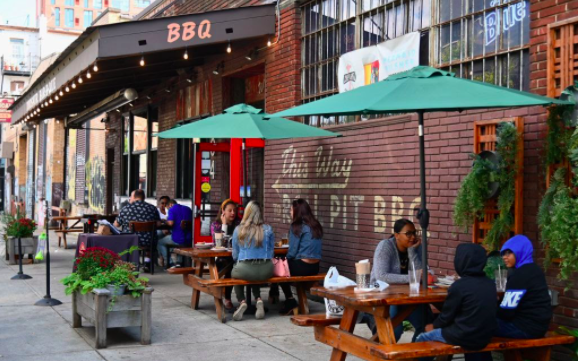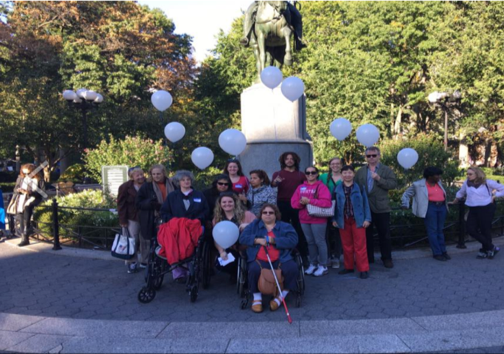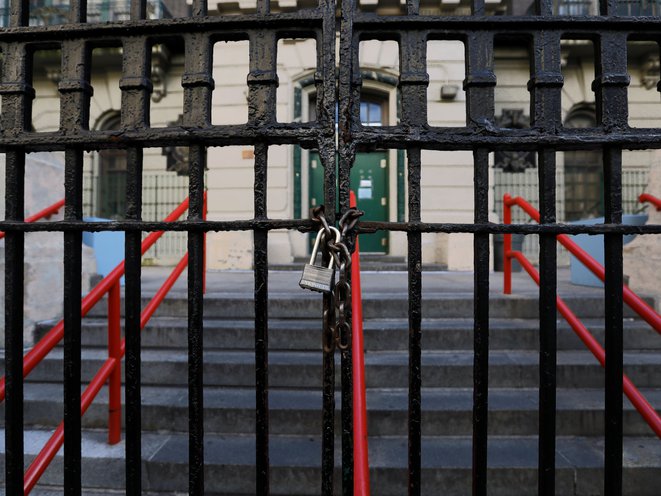The remnants of the global pandemic have severely affected the restaurant industry in New York City, leading to a new protective measure that allows restaurants to gradually recuperate by adding a surcharge after an unprecedented statewide shutdown of non-essential businesses.
The New York State Restaurant Association’s (NYSRA) reports revealed that as of April 16, 527,000 restaurant industry workers were dismissed without pay and furloughed as a result of Covid-19. With almost a million workers out of jobs, restaurant sales plummeted dramatically.
According to CNN Travel, a surcharge has been on the table since April 2018. The frontrunner of the 2018 surcharge initiative in New York City was Republican Councilman Joseph Borelli, who suggested a 5% surcharge for restaurants. As many as 200 restaurant owners sent Mayor Bill DeBlasio an open letter asking permission to enable an optional surcharge that was pre-existing outside of New York City. Ultimately, the bill was not approved because there were no extraneous circumstances like a pandemic at the time.
Covid-19 reintroduced the proposal and gained overwhelming support across New York City’s council. Once again, Councilman Joseph Borelli became the bill’s main sponsor. The key purpose of the newly named “COVID-19 Recovery Charge,” is to prevent restaurants from increasing food prices. Most notably, the surcharge is not in lieu of tips and/or gratuity. This surcharge can also be used to purchase essential safety items such as outdoor seating equipment, cleaning agents, temperature scanners, and hand sanitizer.
The New York City Council officially implemented the non-mandatory surcharge, which enables restaurants to add up to 10% to all customers’ bills, on October 17, 2020. According to an article by NY Eater, restaurants must explicitly print or indicate the surcharge percentage on their menu. If the restaurant is non-compliant with the aforementioned rules, the establishment will be subjected to fines up to $350.
SUNY student Nicole Guzman is the daughter of small business owners in Queens, NY that were severely affected by the Coronavirus shutdown. Her parents own a bakery that, prior to the pandemic, operated twenty-four hours a day and seven days a week. However, according to Guzman, everything changed in March:
“The bakery has been closed for approximately four months and throughout that time, the government did not aid small businesses, so we had no choice but to get a third-party loan which was charged with interest. This would soon be another debt we’d have to worry about. Once the business opened after summertime, we received notice that many of our product suppliers passed away from covid-19, so it was very difficult to find other suppliers in such a short amount of time because the bakery had to be open in order to pay back the loan on time. On top of trying so hard to pay bills for utilities, rent, etc, people did not eat out frequently, so the number of sales decreased to more than 25% than usual.”
When asked about whether or not they would implement the surcharge, Guzman revealed that her parents would take it into consideration.














